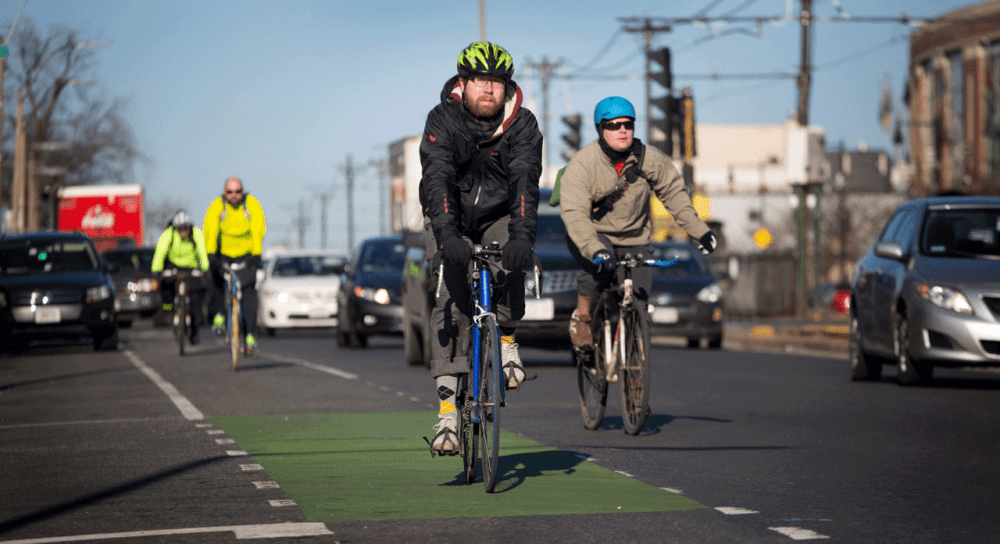Advertisement
Report: Boston Needs More Resources To Achieve Vision Zero Goals

Boston's initiative to eliminate traffic fatalities needs more funding and more proactive efforts to redesign crash "hot spots" in the city, according to a new report by the Massachusetts Vision Zero Coalition.
The report, out Wednesday, assesses Boston's Vision Zero action plan, which the city released last December. The plan aims to eliminate all traffic fatalities in Boston by 2030 through a number of measures — such as redesigning and improving roadways, tackling speeding and reducing distracted driving. The report, which was done by a coalition of civic groups, community organizations and advocates, looks at how the city addressed its goals in the first year of the Vision Zero initiative. Overall, the report says the city has made progress, but fell short in some areas.
"We should commend the city staff for taking a good strong effort in their first year to reduce fatalities on our streets, but it's apparent ... that we aren’t going to reach our goal of zero fatalities by 2030 if the mayor and city councilors don't provide more resources — whether that's in terms of capital funding or additional staff," said Stacy Thompson, the executive director of the LivableStreets Alliance.
Vineet Gupta, the director of planning at the Boston Transportation Department, called the report a "fair" look at the city's Vision Zero efforts. The city has committed $3 million a year for the next three years for Vision Zero, according to Gupta. And funds used to implement other city projects are "informed by Vision Zero principles," he added.
"I think we are making good progress with the funding that we have," Gupta said. "For any initiative, additional funding is always useful."
The report points to the city reducing the speed limit, developing a safe driving app, creating a Vision Zero task force, and launching an online tool for residents to report problem areas as successes in its efforts. The report also notes that the city has made roadway changes on parts of Massachusetts Avenue and in Codman Square.
But the report says the city needs to accelerate efforts to proactively redesign "hot spots" — areas in the city that are known to have higher incidences of traffic crashes. So far this year, there have been 17 traffic fatalities in Boston, according to the city.
In some instances, the city has made changes following a crash. For example, the city made roadway changes at Beacon Street and Massachusetts Avenue after a fatal bike crash in 2015.
"If we know that there’s a number of crashes happening on certain corridors or in certain parts of the city, maybe we need to also be looking at fixing those places too before a crash is fatal," Carney said.
Advertisement
Advocates say the city needs more on-the-ground changes to really tackle its Vision Zero plan. This includes everything from improving crosswalks and signage to traffic signals. Advocates are also calling on the city to install more protected bikes lanes.
"Another big thing that was really missing this year was completion of 10 miles of new bike facilities. The city really fell short there," said Becca Wolfson, executive director of the Boston Cyclists Union.
Wolfson commended the city for breaking ground on a protected bike lane project along Commonwealth Avenue as well as taking steps to improve Massachusetts Avenue between Beacon Street and Harrison Avenue, but said "frankly we do wish that the project had gone down a longer stretch of Mass. Ave." all the way to Columbia Road.
Gupta said the city is looking to expand its Vision Zero efforts next year.
"While we've made progress, we need to get out to additional sites in the coming year to make onsite improvements that make a difference," Gupta said.
The city has plans to introduce traffic calming measures in neighborhoods, and improve pedestrian crossings around schools and elderly housing, according to Gupta. The city will also release its own Vision Zero report early next year that will outline priorities for 2017.
